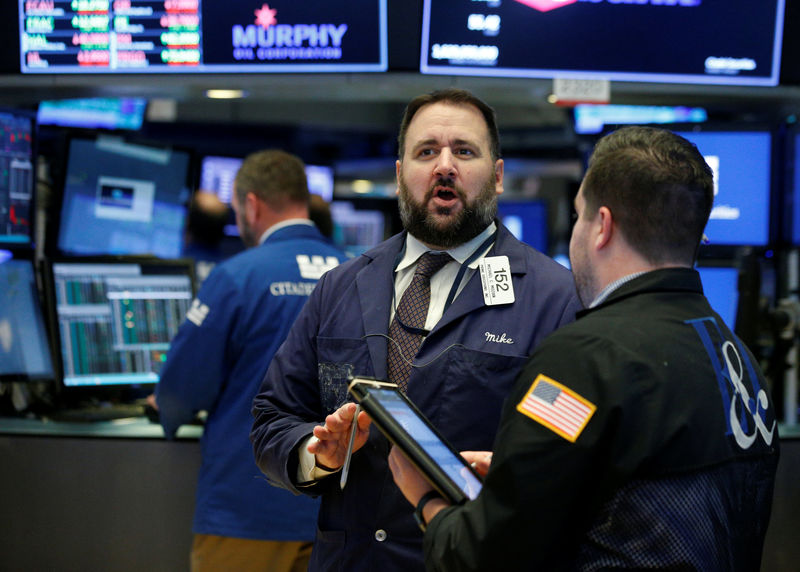By Ritvik Carvalho
LONDON (Reuters) - Wall Street and oil were the big financial market winners in the third quarter of 2018, while trade tensions, emerging market crises and central bank policy tightening tipped several other assets into bear markets.
Brent crude oil (LCOc1) gained 3 percent in the July-September period, recently hitting 4-year highs above $82 a barrel as upcoming U.S. sanctions on Iran are expected to dent global supplies. Prices are up 22 percent year-to-date.
The other outperformer is Wall Street's S&P 500 index (SPX), up more than 10 percent since January. It gained 7.7 percent this quarter, setting the record for the longest ever bull market, and also scaling record peaks.
"It's actually been a U.S. bull market - very little else has done very well," Guy Miller, chief market strategist and head of macroeconomics at Zurich Insurance Group, said.
"Oil has been one of the few things that continued to move higher. There has been very little else, but having said that, by end of this year other equity markets returns should be fairly decent."
GRAPHIC: Global market asset performance - https://reut.rs/2Oi1SFz
The MSCI All-Country World Index (MIWD00000PUS), a barometer of shares in 47 countries has see-sawed since a global selloff in February knocked it off a record high. However it is up 4 percent this quarter, lifted primarily by U.S. gains.
The dollar failed to make much headway following its 5 percent second quarter surge but it held on to those gains, keeping up the pressure on emerging markets. And alongside the greenback moves and the Sino-Chinese trade spat, currency crises in Turkey and Argentina also dealt a blow to the sector.
Those crises pushed investors into dumping emerging assets.
Argentina's peso
GRAPHIC: Emerging market currencies vs the dollar - https://reut.rs/2Oi3MpO
MSCI's emerging stocks (MSCIEF) lost 1.7 percent this quarter, down 14.7 percent this year. The index slipped into a technical bear market in mid-August, losing 20 percent since late-January, but has since recouped some of those losses.
Shanghai "A" shares (SSEA) are down 20 percent on the year and lost 5.5 percent in the third quarter, as the tit-for-tat trade spat between the U.S. and China escalated.
"What's happened in the past three months is that worries about trade tensions are more severe...those concerns intensified during Q3. That's going to carry over into Q4 almost certainly, and probably into 2019 as well," said Stewart Robertson, senior economist at Aviva (LON:AV) Investors in London.
Copper
Another metal that lost over the past three months was gold

Also sharply down on the year are shares in European banks (SX7E) which have also entered a technical bear market, pressured by concerns about Italian banks' sovereign bond portfolios and the sector's exposure to tumbling Turkish assets.